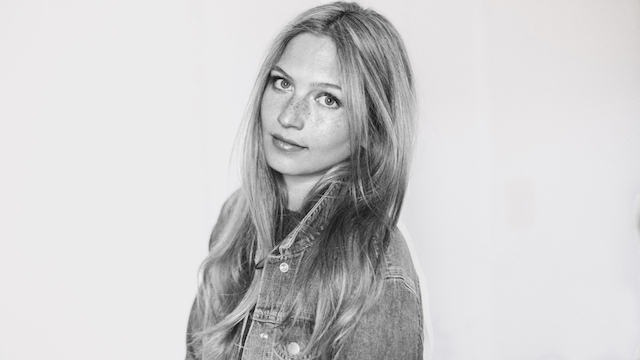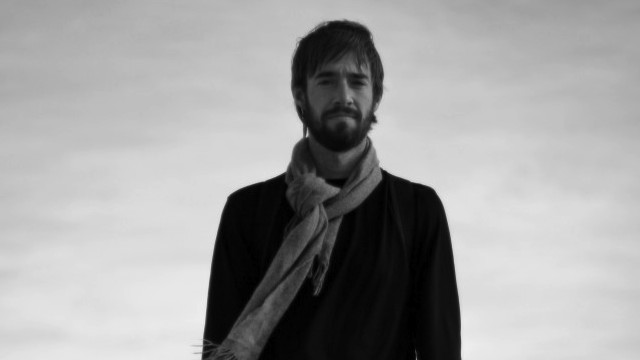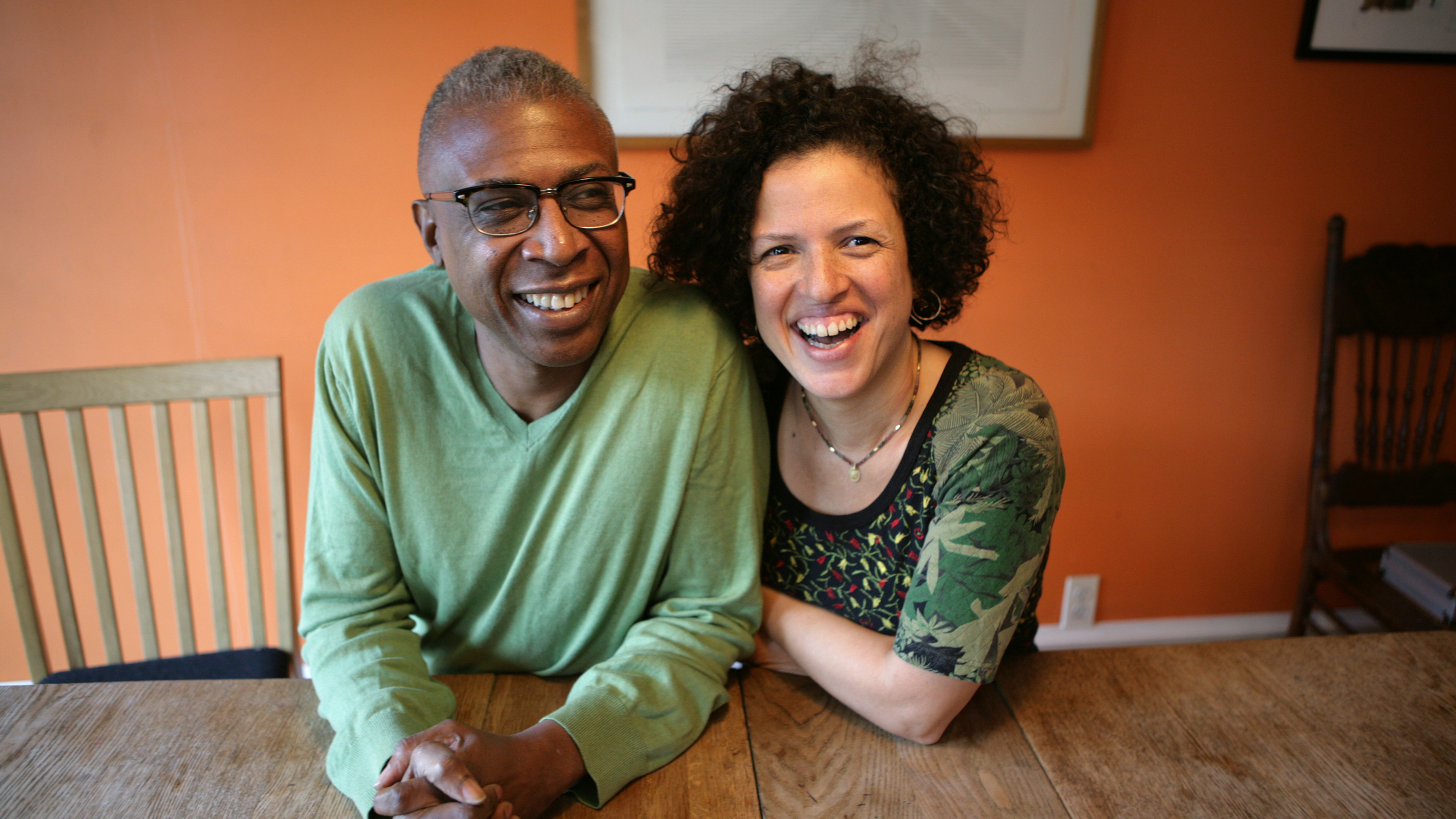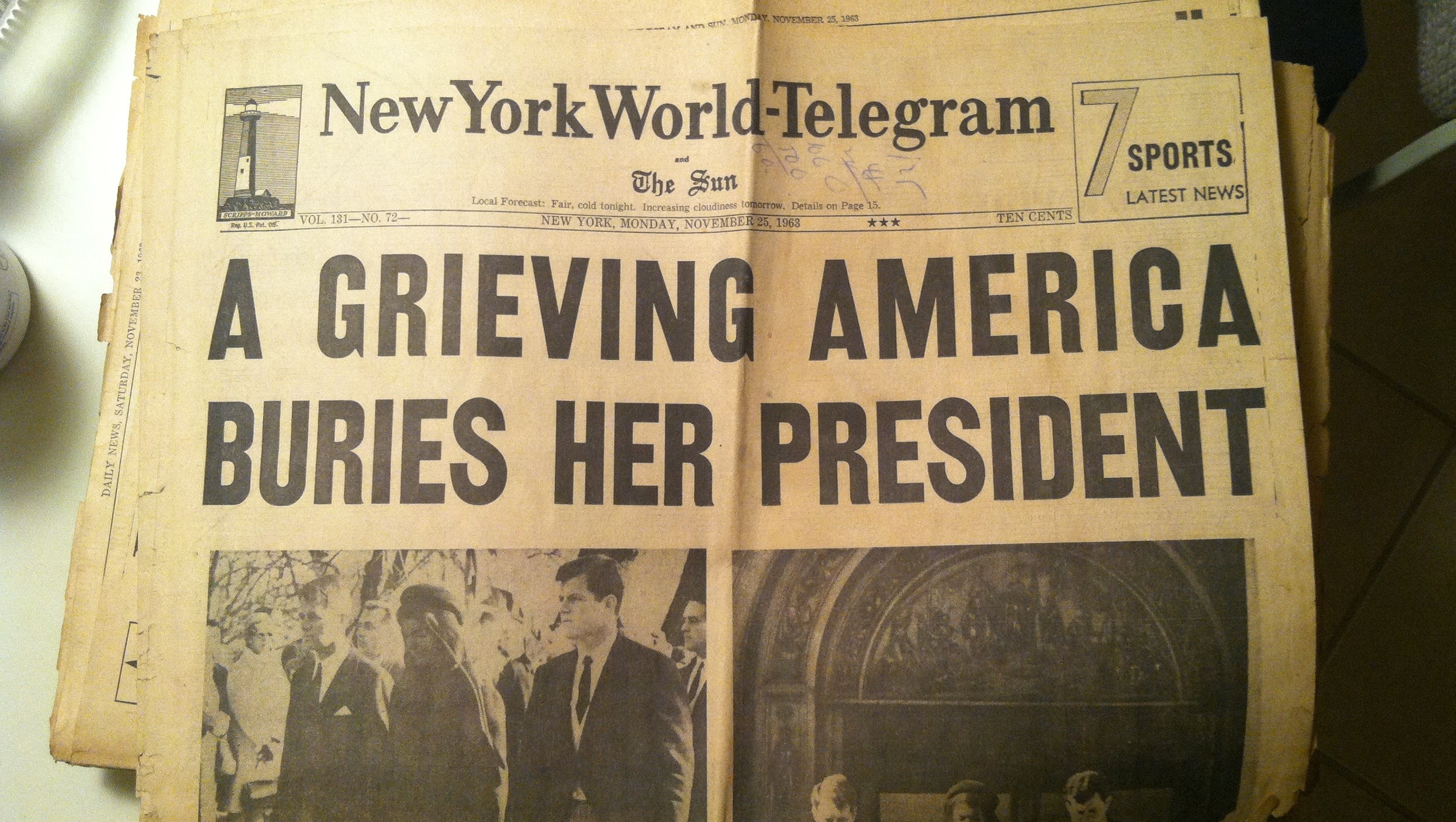Podcast: Play in new window | Download
Subscribe: RSS
Her credits include the New York Times, NBC Left Field, BBC, and Huffington Post.
Her awards include the NPPA, Overseas Press Club, and the Ellie.
Her projects include captivating documentaries of varying lengths, shot anywhere from south Florida to East Africa.
And she’s 25 years old.
Emily Kassie has carved an extraordinary space for herself less than five years into her professional career, but it’s no accident. She shoots with skillful craft and composition, and she covers heavy topics with an expertise and sensitivity that allow her stories to shine. But more than that, she fights for those topics, which so often get pooh-poohed in mainstream publications and stations as too difficult or uninteresting for a mass audience.
She is my guest on Episode #61 of the Telling the Story podcast.
I always seek guests who have developed a clear voice and can guide others in doing the same. Kassie fits this mold perfectly. I sensed in our conversation a journalist who knows what she wants to accomplish, who to seek out for help, and how to execute projects that live up to her pitch – often as a solo act, shooting and editing her own reports. I admire how Kassie uses her talents and focus: to fight for those who don’t often enough get their stories told.




